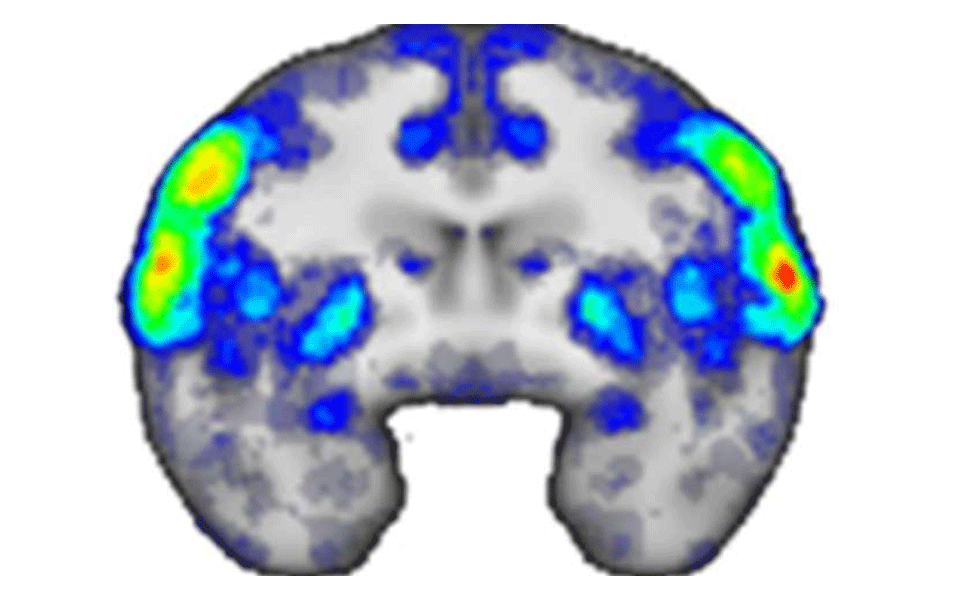New York, July 23: Researchers have discovered neural circuits in the brains of rhesus macaque monkeys that could represent a common origin for social communication, including human speech.
The findings showed that these circuits are involved in face recognition, facial expression and emotion and they may very well have given rise to our singular capacity for speech.
The team, from the Rockefeller University in New York City, used a novel experimental setup to take MRI scans of the brains of monkeys as they watched video clips of other monkeys making communicative facial expressions.
When the monkeys in the clips made a friendly lip-smacking gesture, the subject monkeys responded in kind -- but only when their pre-recorded peers appeared to be making direct eye contact with them.
Besides, the face-perception regions of the monkeys' brains that simply feed information to a region associated with emotion did not shuttle information to one another in straightforward, sequential fashion, said Winrich Freiwald, scientists at the varsity.
The videos that simulated social interaction through direct eye contact caused an unexpected third neural circuit to light up.
This suggests that specific areas of the animals' brains are sensitive to social context, and perform the specialised cognitive functions necessary for social communication.
Generating a friendly lipsmack, in particular, activated a region that resembles Broca's area -- a portion of the human brain concerned with the production of speech.
This suggests that monkey facial expressions like lipsmacks might be evolutionary precursors to human speech -- a possibility that some scientists had previously discounted on the grounds that such gestures were too simple or reflexive to pave the way for something as subtle and sophisticated as human verbal communication, Freiwald explained, in the paper reported in the journal Neuron.
Currently, the researchers are measuring the electrical activity in individual neurons in all three of the networks revealed in the scans.
"Understanding this in monkeys will help us understand communication in humans, where things are so much more complicated," says Freiwald, who describes the findings as "an important building block" in the quest to understand our species' unique way with words.
Let the Truth be known. If you read VB and like VB, please be a VB Supporter and Help us deliver the Truth to one and all.
Kalaburagi: Four men have been arrested in Kalaburagi on charge of hacking a man with lethal weapons and pelting stones at him under the limits of Station Bazaar Police Station recently.
According to police sources, Anand Jalak Shinde (34), Ashitosh Jalak Shinde (30), Imran Mehboob Sheikh (28) and Sohaib Anwar Qureshi have been arrested. The men are accused of the brutal murder of Syed Mehboob, a resident of Station Bazaar Upper Line Hamalawadi in the city.
An FIR was filed by the Station Bazaar Police Station based on a complaint given by Syed Ismail, father of the deceased Syed Mehboob.
Following quick probe, the police team successfully arrested the suspects within 24 hours. The arrested men were produced in court and have been sent to judicial custody.
The City Police Commissionerate has appreciated in an official release the police team’s quick solving of the murder case and arrest of the four men accused of murdering Syed Mehboob.





